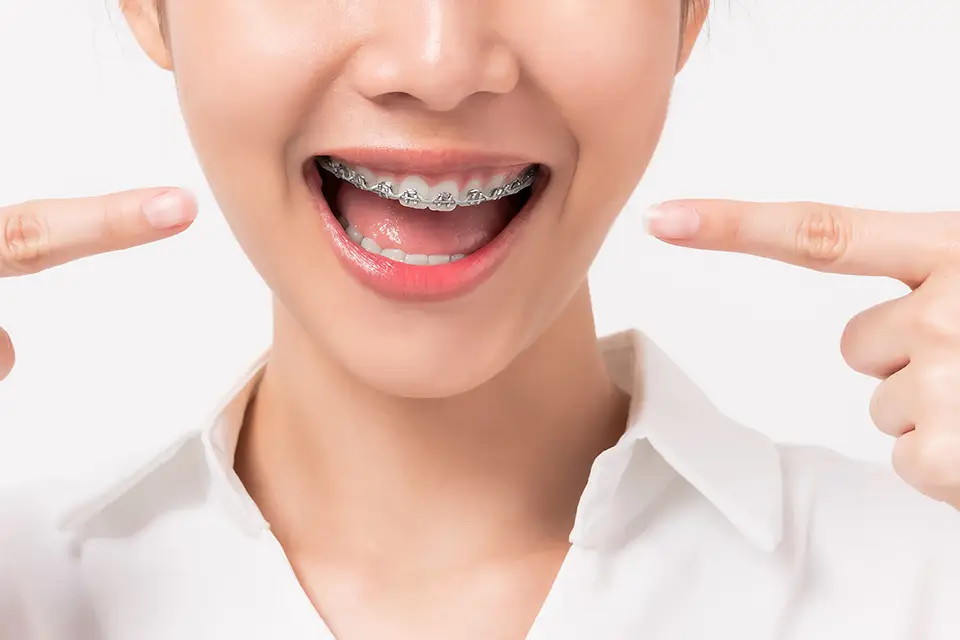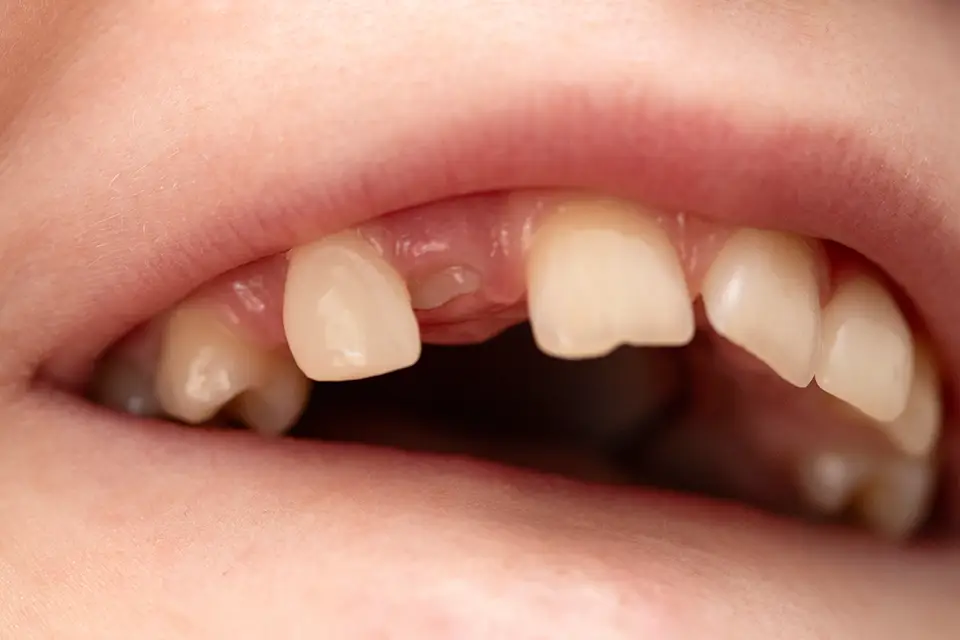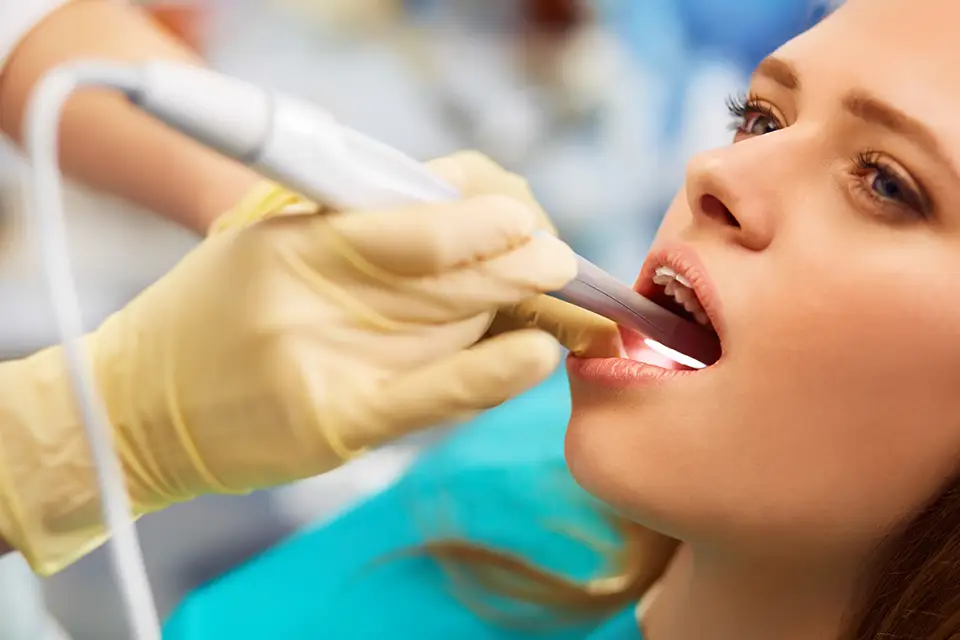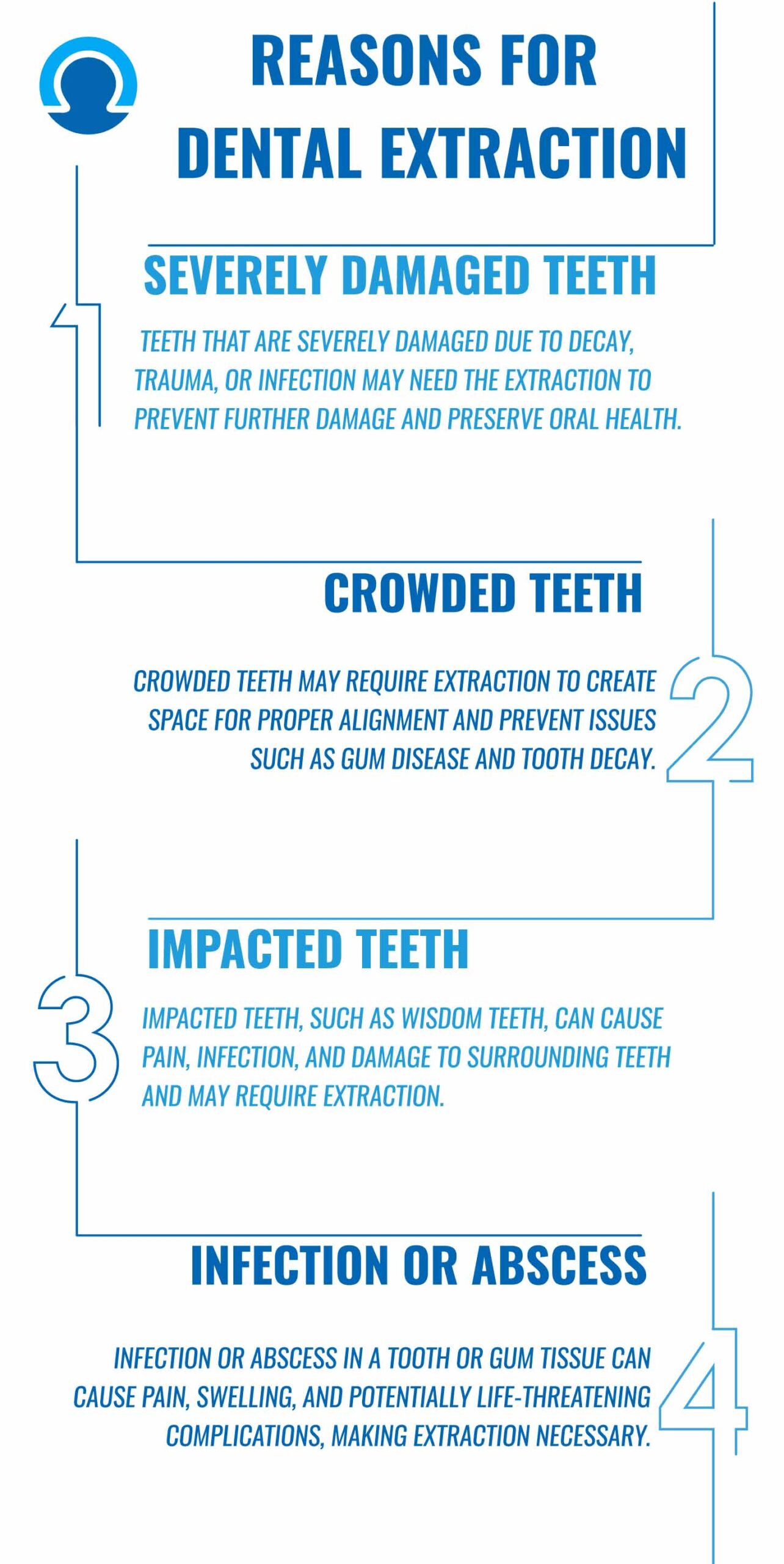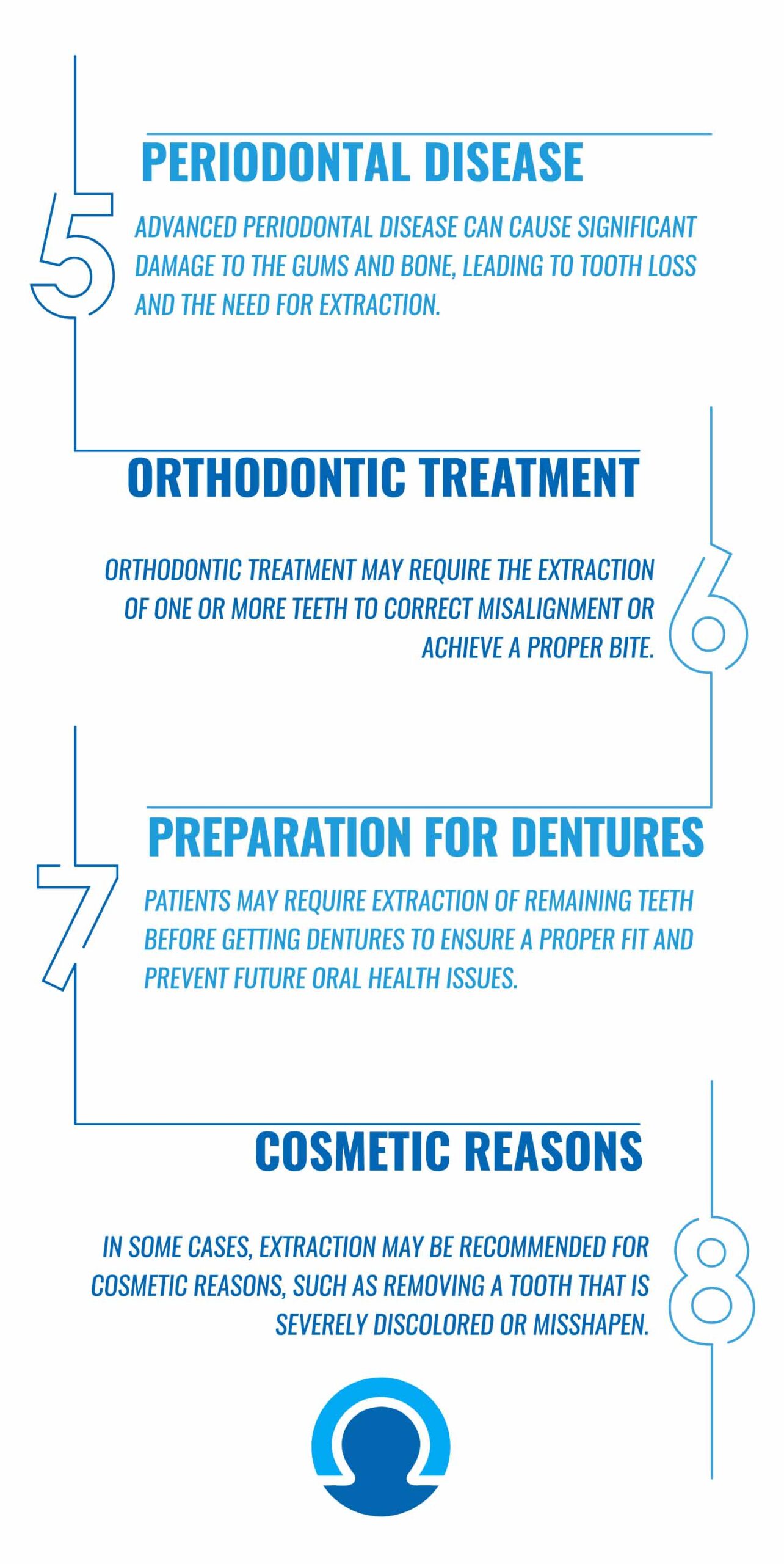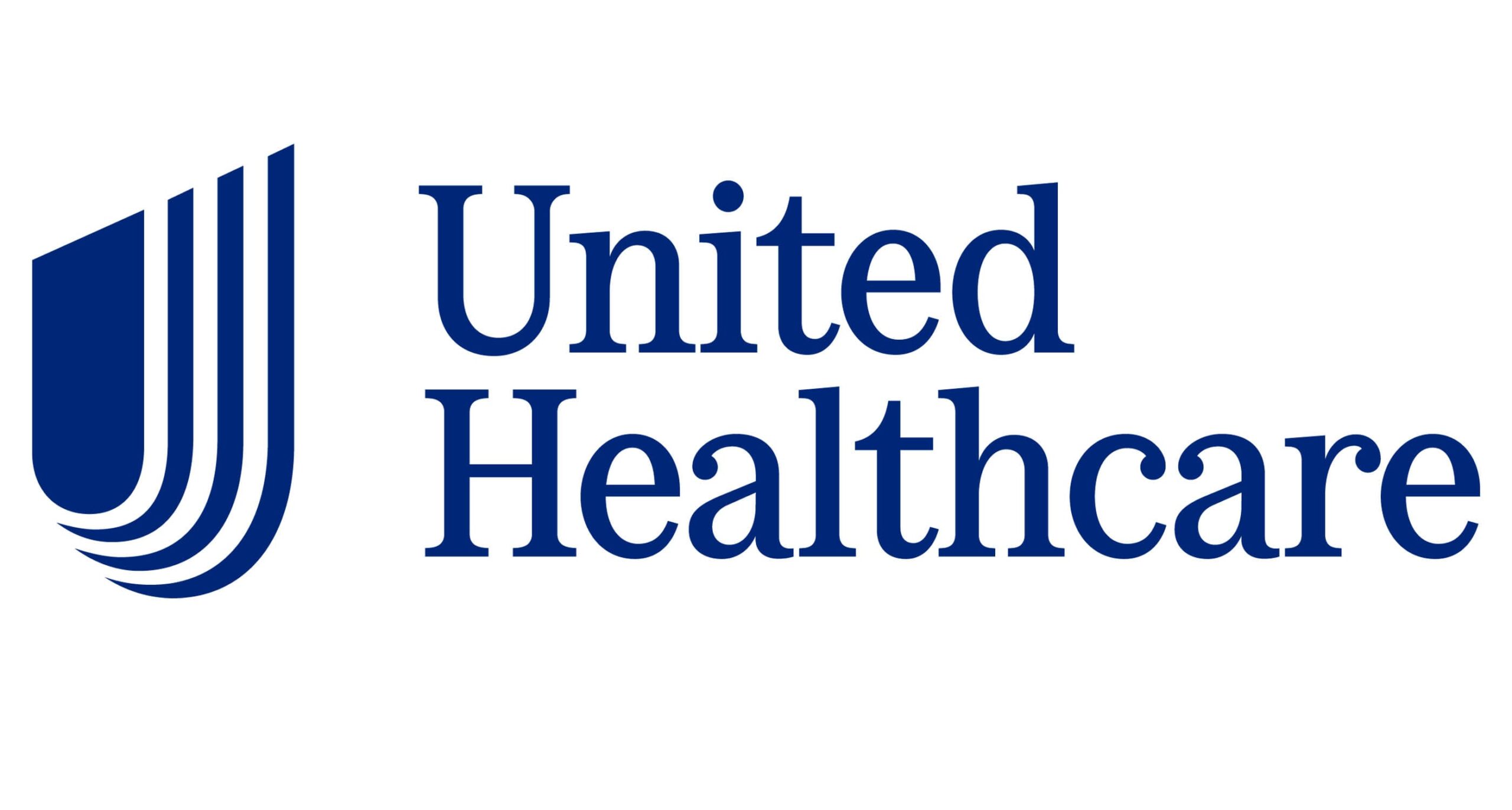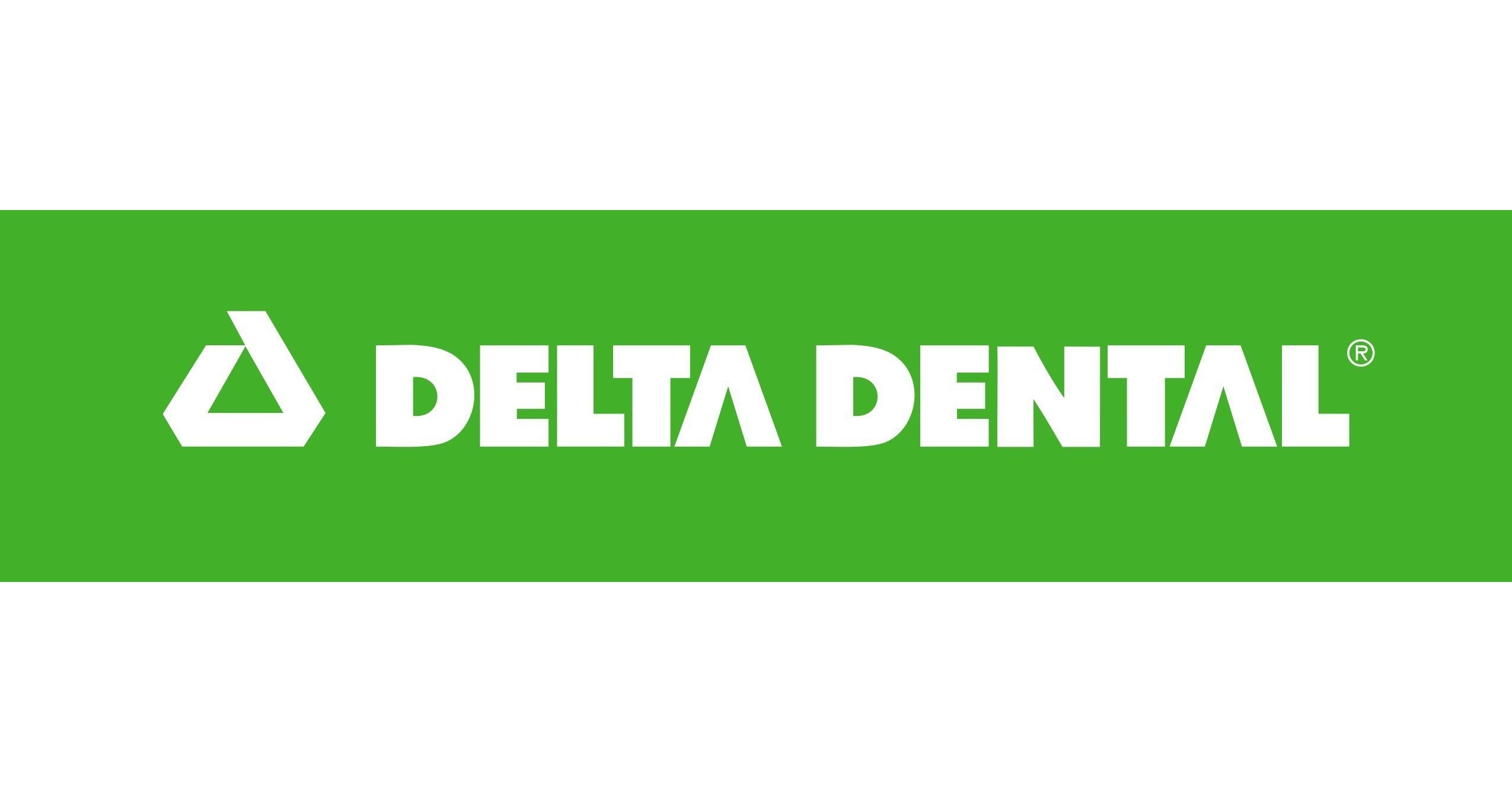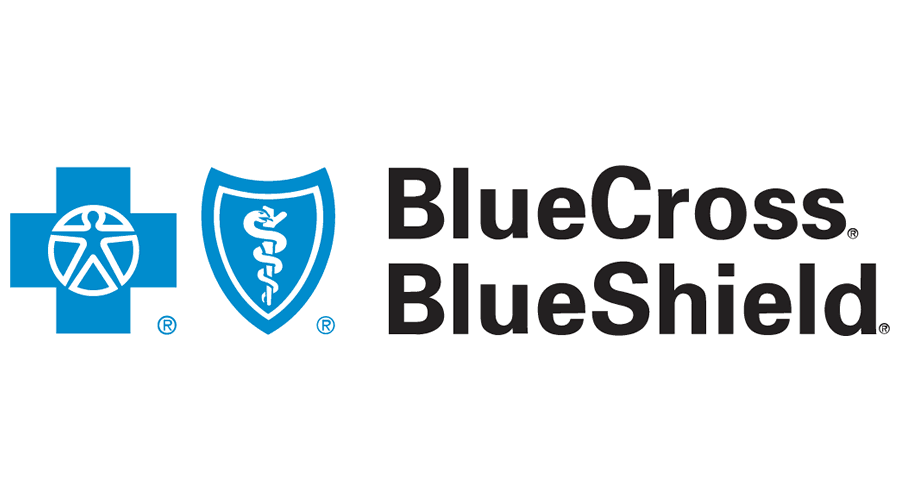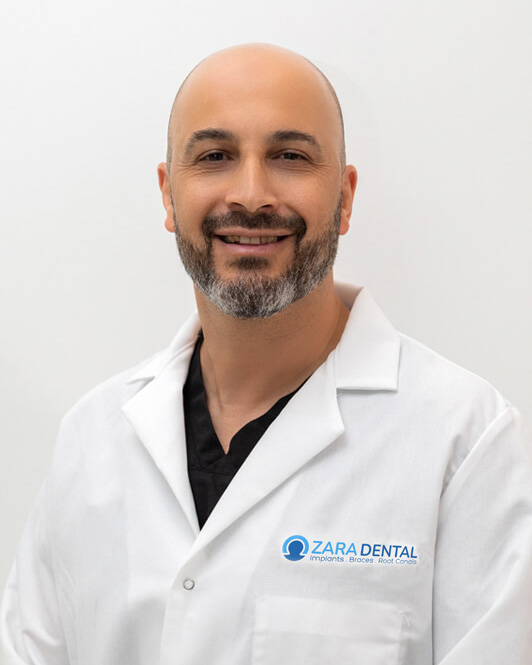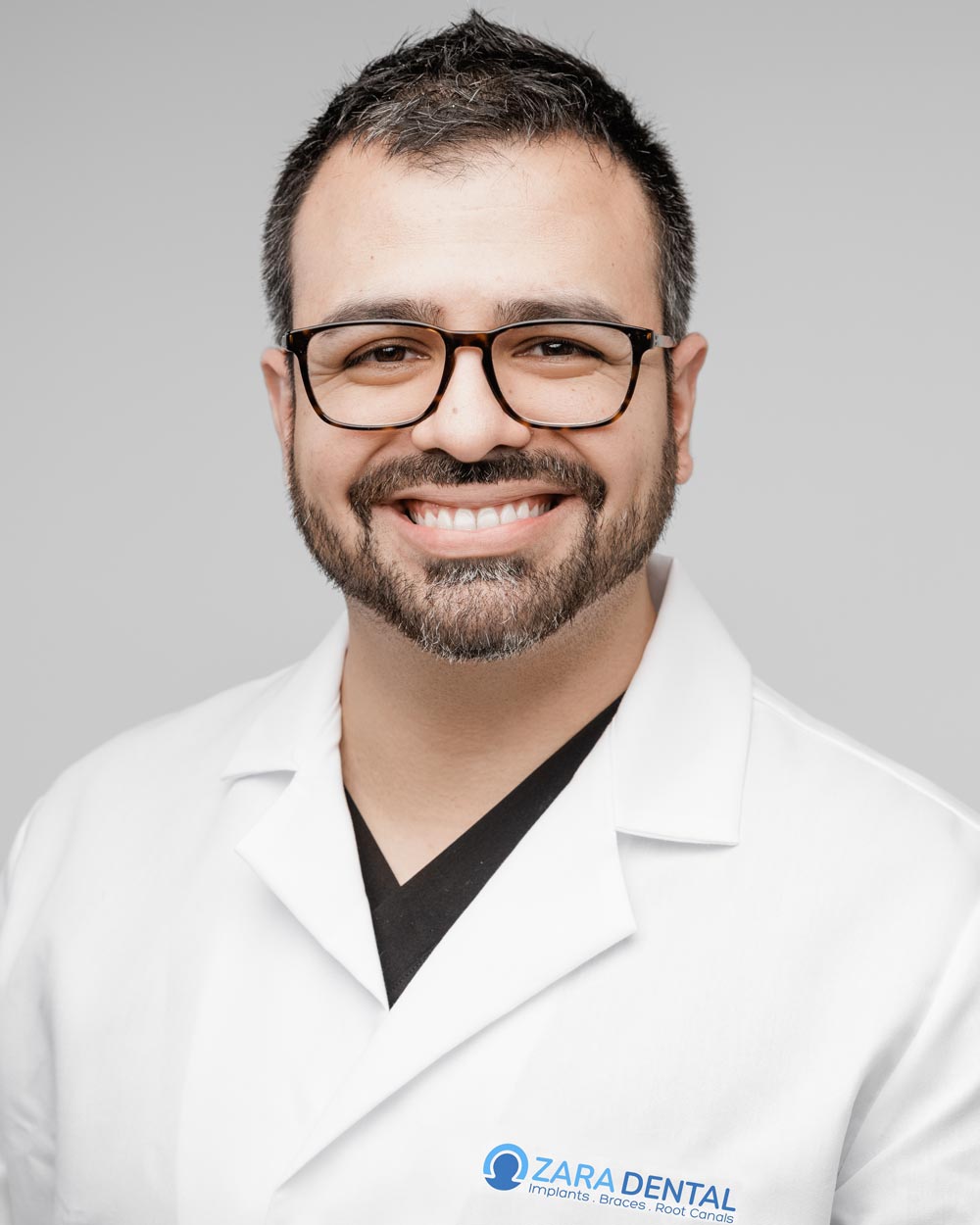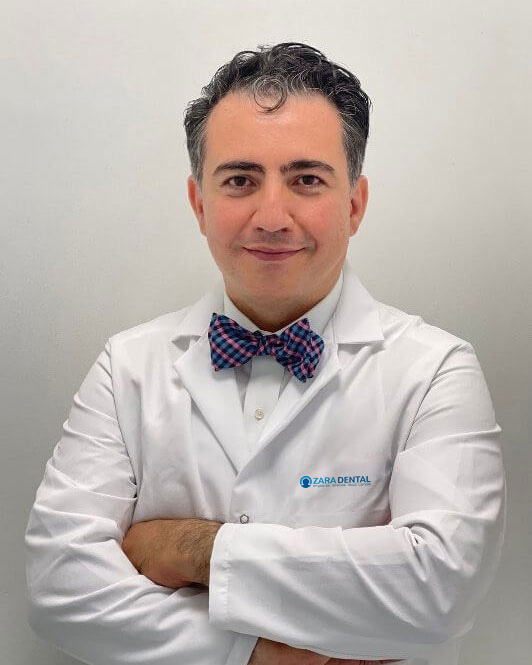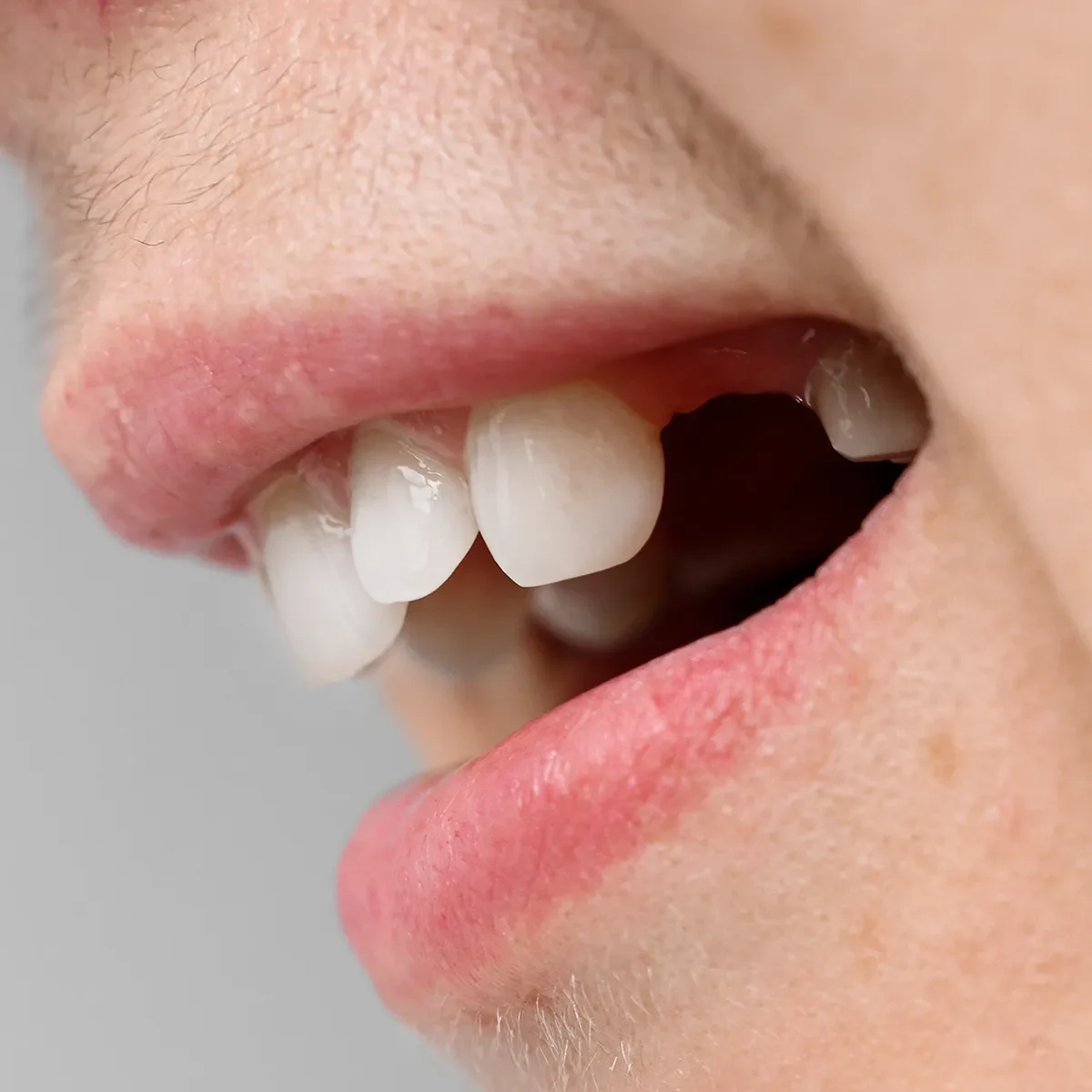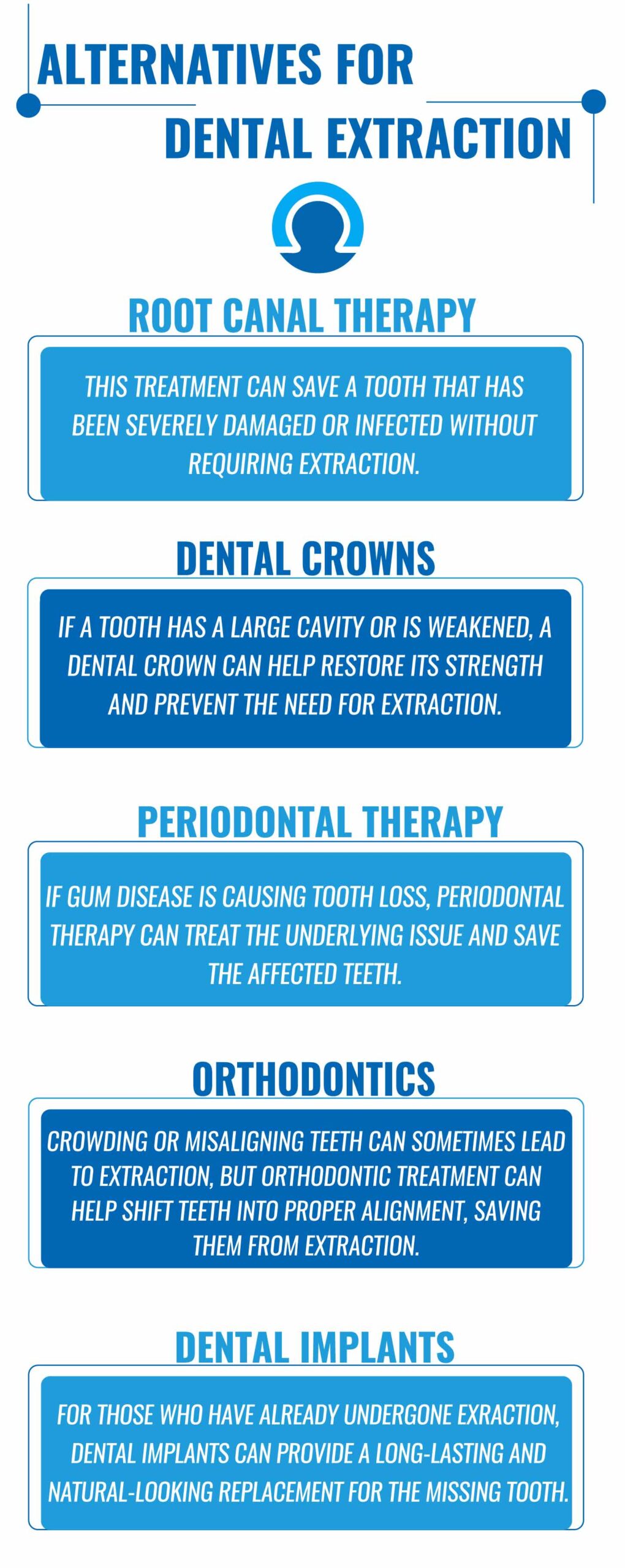
- General Dentistry
Quick care for sudden oral problems, ensuring immediate relief and treatment.
Comprehensive oral care for all ages, promoting lifelong dental health and well-being.

Routine checkup for oral health, detecting issues early and maintaining a healthy smile.
Specialized oral care for children, ensuring a healthy smile and positive dental experiences.
Professional oral hygiene procedure removing plaque, tartar, and stains for a healthier smile.
Surgical removal of teeth for oral health, relieving pain and preventing complications.
- Cosmetic Dentistry
Thin porcelain shells bonded to teeth, improving appearance and covering imperfections.
Cosmetic procedure to lighten and brighten teeth, enhancing smile aesthetics.
Fixed prosthetic device replacing missing teeth, restoring oral function and appearance.
Custom-made restoration caps a damaged tooth, restoring its shape, strength, and function.”
- Orthodontics
Specialized dental care for children, correcting tooth and jaw issues to ensure healthy development.
Straightening and aligning teeth for improved oral health and a confident smile.
Clear, removable aligners for discreet teeth straightening, offering a comfortable and nearly invisible orthodontic solution.
Custom devices maintain post-orthodontic tooth alignment, preserving your newly corrected smile.
- Dental Implants
Permanent tooth replacements surgically anchored for natural appearance and function.
Full-arch tooth restoration with four implants, offering stable and efficient smile rehabilitation.
Surgical procedure to strengthen and rebuild bone, often used for dental implant support.
- Dental Treatments
Dental procedure to treat infected or damaged tooth pulp, relieving pain and preserving the tooth.
Restoration of cavities with materials like composite or amalgam, preserving tooth integrity and function.
Non-invasive procedure using special materials to repair and enhance teeth, improving appearance and function.”
Removable prosthetic teeth to replace missing ones, restoring oral function and aesthetics.
Techniques to relax and ease anxiety during dental procedures, ensuring patient comfort and a stress-free experience.


